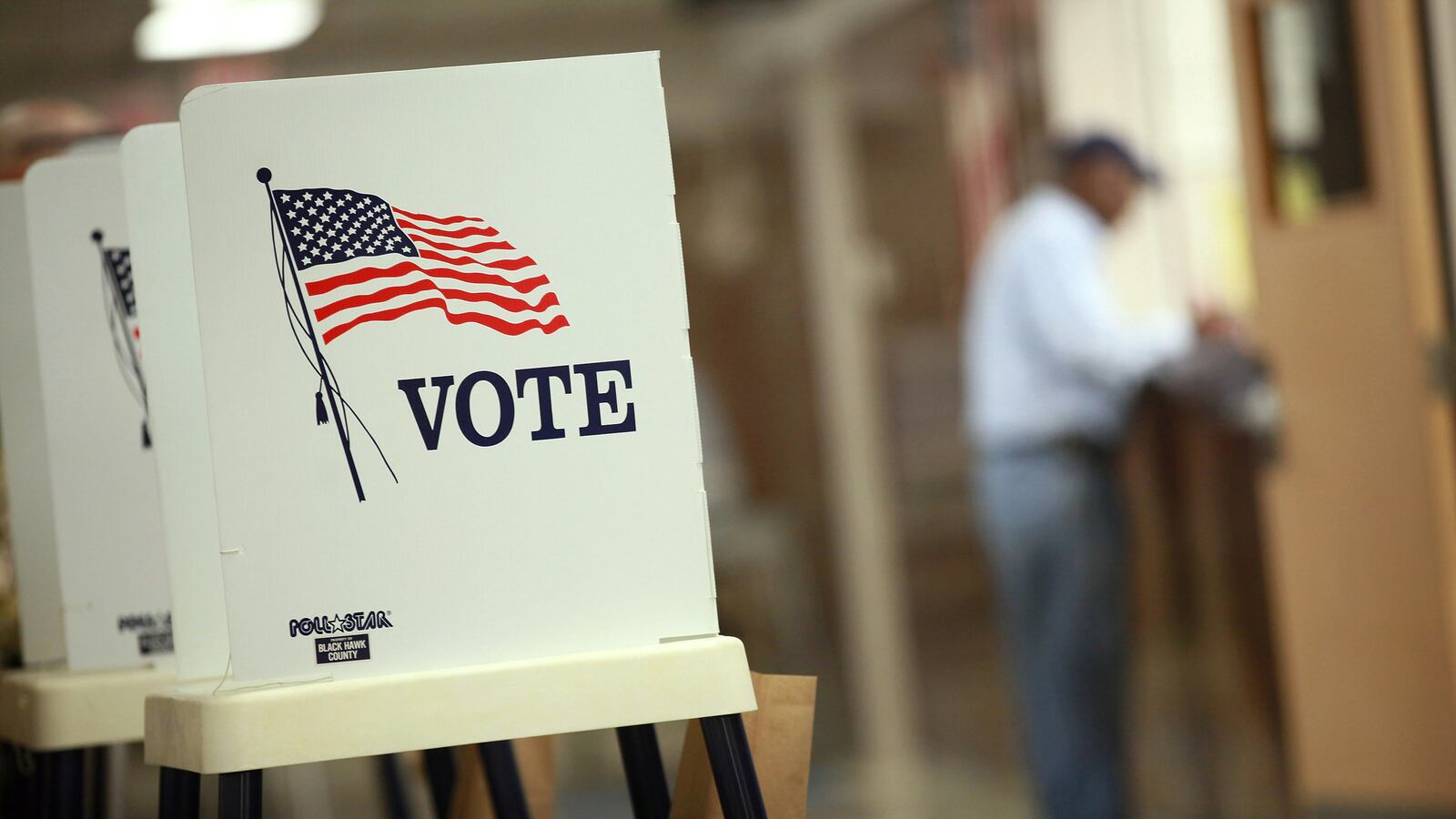
The public is tremendously frustrated with the two most public branches of the federal government, with low approval ratings for Congress (an all-time low of 9 percent) and President Obama (40 percent). Congress, in particular, is a joke. With the exception of the reauthorization of the Violence Against Women Act and Hurricane Sandy relief, Congress—and House Republicans in particular—has done nothing but dither, argue, and plunge the country into a dangerous stand-off over the debt limit.
For all of this—and more—the team at First Read wonders why we haven’t seen a movement towards independent candidates:
There’s a crisis in confidence and competence that’s hurting everyone, and that requires some serious soul-searching by Washington’s politicians and both major parties. […]
[S]omething larger is going on here, which could upend everything and produce unintended consequences. If there were serious independent candidates running for the House and Senate in 2014, they would get serious looks; interestingly, though, very few legitimate indie candidates have popped up yet. But don’t be surprised if by the spring of 2014, there are a slew of semi-serious indie candidates in enough places to wreak some havoc.
If semi-serious—or serious—independent candidates pop up in the spring to run for office, I won’t be surprised, but I will be shocked if they gain any traction. It’s a well-worn finding of political science that the “independent” voter—the person who, without bias, evaluates the claims of both sides and makes a decision—is a myth.
In short, most people who identify as “independent”—29 percent in the 2012 election—lean towards one party or another and vote accordingly. The large majority of Republican-leaning independents vote for Republicans, and the large majority of Democratic-leaning independents vote for Democrats. “Pure” independents—people who genuinely don’t have a particular political preference—are a small minority of the electorate.
An “independent” or non-partisan candidate might be able to raise money, and might even pull a few votes in the polls, but unless they are former—and high profile—members of a political party (think Joe Lieberman), they’re doomed to failure. When it’s time to make a decision, individual voters almost always pull the lever for the side they most identify with. We’ve seen enough elections with enough independent or third-party candidates to know that much.
If you need a bit more proof, there’s the recent Virginia gubernatorial election. Were voters unhappy with the state of the commonwealth? Yes. Were they disgusted with their choices? Absolutely. But at the end of the day, Republicans voted for Ken Cuccinelli, Democrats voted for Terry McAuliffe, and almost no one supported the independent challenger, Robert Sarvis.





